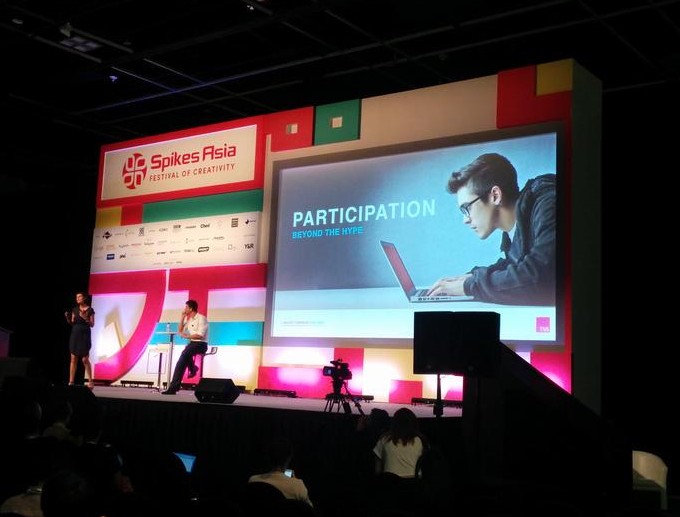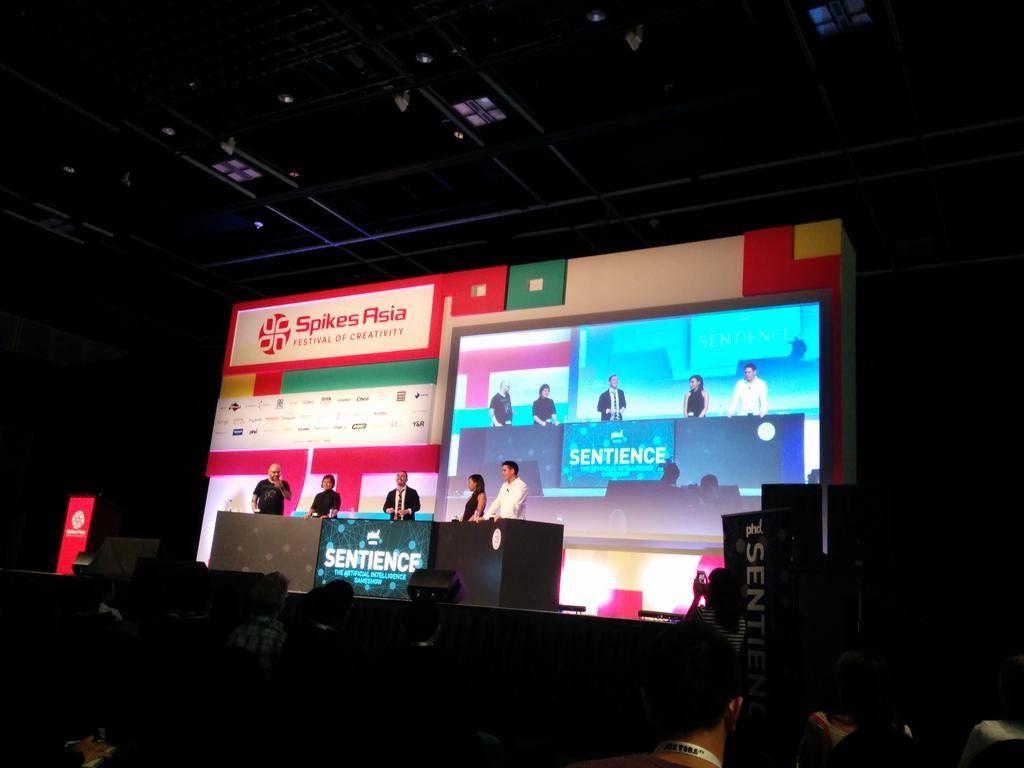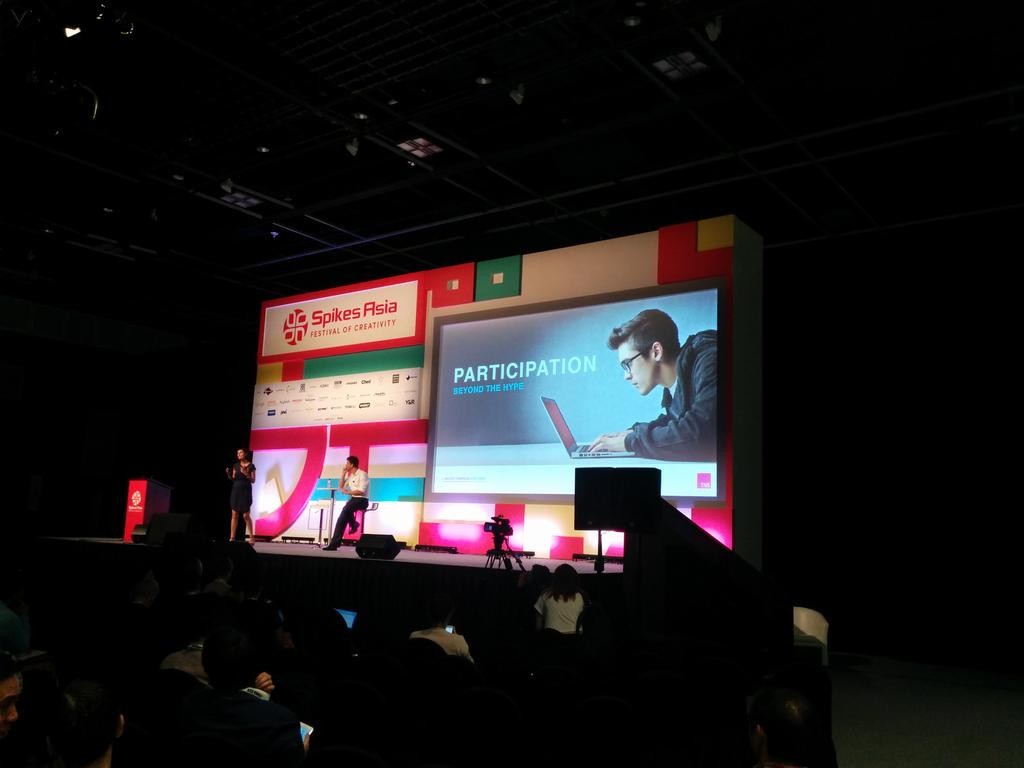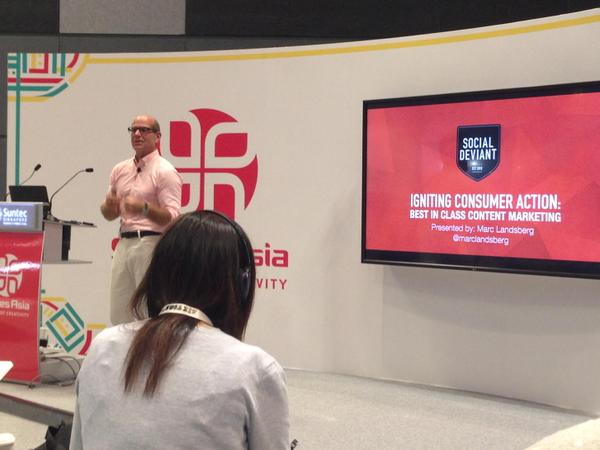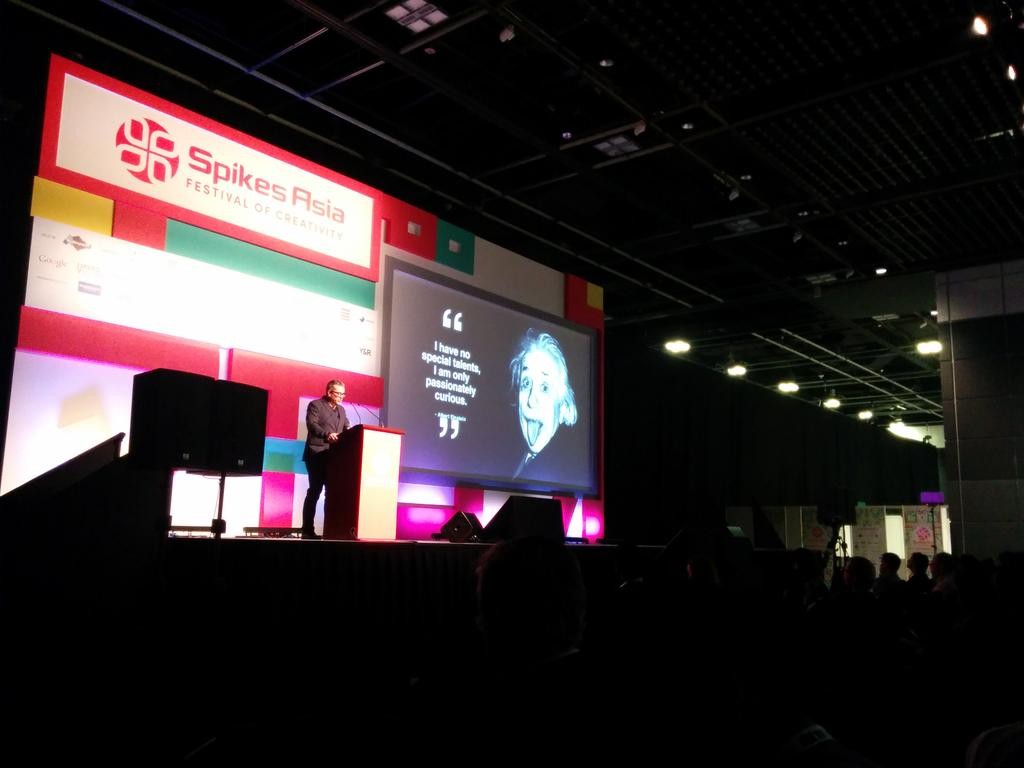5 Takeaways For Digital Marketers From Spikes Asia 2015
The walls of the exhibition hall of the Suntec Convention Center were reverberating with the silent energy of a restless crowd eager for the show to get started. While Spikes Asia was one of the biggest gatherings of marketing personnel in Asia, it was not the typical business conference. While not strictly a black-tie event, there was no doubt about the kind of talent that the event had attracted from far across the region.
The attendees consisted of technologists, marketers, account servicing personnel, and even executives from some of the biggest agencies in the region. For anyone excited about 21rst century marketing in Asia, this was the place to be. As a technologist in Dhaka, I was looking forward to seeing the industry progress in neighboring regions and garnering some sense of the way agency culture was shaping up in Bangladesh.
Needless to say, the three days that followed were filled with intense sessions from industry experts, and the takeaways greatly enhanced my philosophy about marketing and communication.
1. Everything starts with a single insight.
The importance of working with strong human insights could not be stressed enough in the case studies that were showcased throughout the event [You can check out our digital marketing case studies here]. Insights proved to be a compass to help marketers navigate brands in the extremely cluttered environment that riddle most consumer markets.
However, working with insights poses an interesting challenge for those who do, given the dynamic and fast-paced nature of modern human interaction. Identifying the behavioral glitch in today’s chaos is not the hardest part; simplifying it and marrying it to the right brand proves to be.
2. The Role of Technology.
As a technologist working at a digital marketing agency, the display of marketing technology at Spikes Asia was both enticing and eye-opening. The marriage of creativity and technology was enough to capture anyone’s imagination. Going forward, the role of technology in the marketing ecosystem is that of adapting a campaign’s insight to various platforms to suit the platform’s context and audience.
This role presents itself as a double-edged sword – on one end we have people creating augmented reality experiences using Occulus technology, and on the other end, we have people working tirelessly to figure out how to create content at scale. For the digital marketer, content at scale is perhaps one of the biggest challenges, and it is a daunting one. However, it was very refreshing to connect with people who were pushing the boundaries on different formats of content – not just visual.
Broadly speaking, technology powers a vast taxonomy of content for marketers and also serves as a tool for collecting insights and generating analytics.
3. The Creative Process.
The previous points should have highlighted the importance of working with strong insights for any campaign, and it is no different for digital. We have a habit of placing a lot of importance on the technology itself, forgetting it is just a tool that amplifies the strength of the message that we are trying to communicate by making it more interactive and engaging its audience in unprecedented ways.
Hence we find ourselves creating really agile creative processes that accumulate collective input and test insights to strike the strongest emotional chord. These processes need to be cross-functional and draw out ideas and observations from all participants. I mention agile, not as a keyword, but as an actual reference to the SCRUM workflow commonly used with software development.
While there have been recent developments with people using SCRUM for other workflows, it was a pleasant surprise to see people applying the same principle for creative processes as well. Needless to say, it makes us faster and the quality of our output also improves.
4. Briefs & human relationships.
Educating the market on the latest of digital and interactive technology is a tough task, which can only be made easier by the quality of relationships agencies maintain with their clients and vice versa. I believe that well-articulated briefs reduce the loops of redundant communication and allow both parties to focus on quality output.
Ironically, everything being said and done, the lack of proper briefs is an age-old problem, and it is what distracts creative minds from focusing on what is actually important.
“In any client meeting, there are always two versions of the brief. One which they tell you about, and the one they don’t” – happens to be one of the most popular insider agency jokes.
As dry the humor may be, it underlines why we need to innovate in this space through education and building mutually trusting relationships. I believe, that the vast majority of technology being developed today have implications not just for marketing, but for energy, health, power, and nonprofit industries as well.
5. The Immediate Challenge.
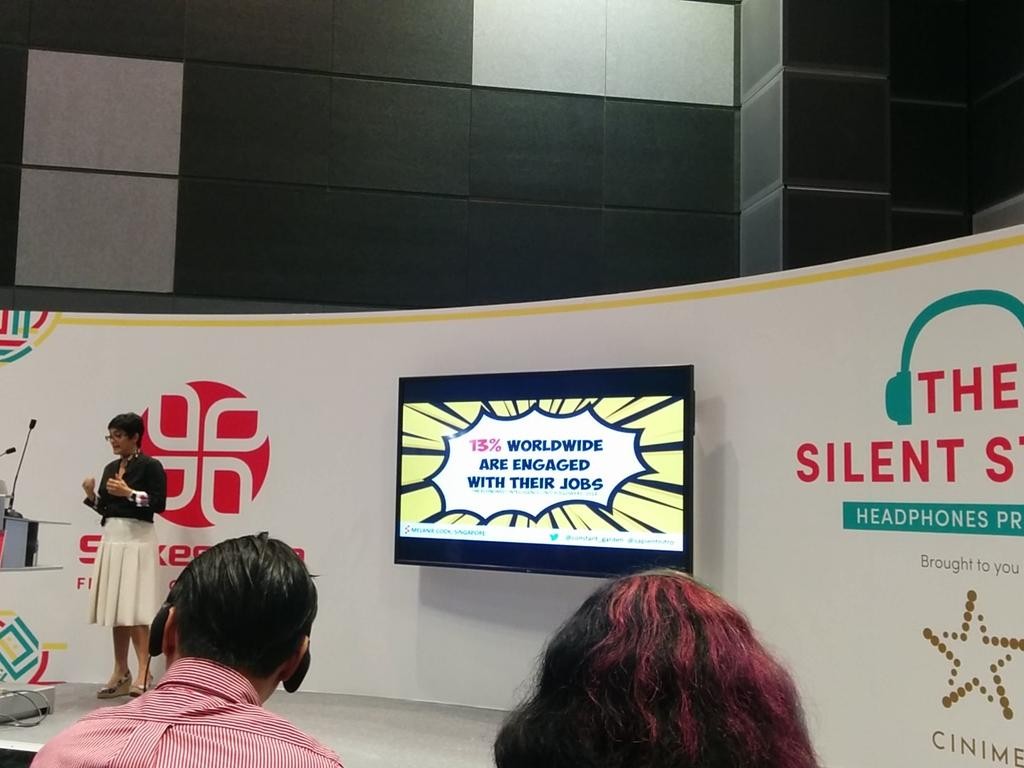
There are many given the demands of modern brands. Some say that we need to put more emphasis on research and development to build better products for clients; others say that we need to get back to the basics of craftsmanship.
However, in my humble opinion, I think that we need to prioritize market education now more than ever. With technology progressing at a mind-boggling speed, our ability to adapt insights to different platforms is being rigorously tested. However, to pass that test, we need to keep tirelessly learning about the platforms we are working with and the audience it attracts. Learning, and educating our clients on the scopes of what can be done is the biggest challenge going forward for brands in Asia.
I believe it is the only way we can surpass the dogmatic nature of traditional marketing and transform creativity into a tool for brands to solve actual problems and build lasting relationships with their customers.
WebAble plans on aggressively being a part of this movement as well. We will be taking various initiatives to educate our clients and other stakeholders in the marketing ecosystem to play our part in developing processes and solving problems.

